The Cloud – Should I stay or should I go?
One of the most common questions we are asked as business technologists is “should I move my ERP or accounting software to the cloud?” and it’s a great question to ask as more and more organisations, large and small, are moving their business applications to web and cloud-based platforms.
However, there are multiple considerations to be taken into account before you finalise your strategy for either staying with an on-premise model vs moving to a cloud ERP platform. As the seminal punk band, the Clash once asked – you’ve got to let me know – should I stay or should I go?
In this blog, we’ll take a look at some of the pro’s and con’s of the discussion.
Cloud ERP Advantages
Lets look at this from the perspective of a cloud believer (which I am) and cover the advantages first.
- You remove the need for server and expensive infrastructure as well as the skills and resources to manage it
- Your upfront investment in software can be reduced and the costs can be treated as an operating expense and not a capital expense
- Your access is delivered on an “on demand” model – that is, you only pay for what you need and you only use what you need as you need it
- Most cloud ERP software tends to be built with the latest developments in technology and integration factored in – allowing you to take advantage of mobility, analytics, e-commerce integration and more without ripping and replacing
- Deployment via web browsers means that additional users, offices and even business units can be “switched on” by simply accessing a web address or URL, logging on and getting started
- In many situations there can be a quicker time to implement and lower upfront investment overall required driven by many of the above mentioned factors
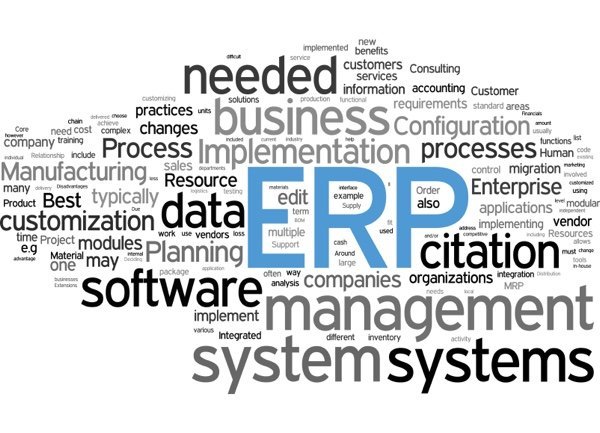
When considering Cloud ERP there are critical questions to ask
OnPremises Advocates
But for many people who could be seen as favoring the more traditional on-premise based solutions for ERP software, the argument often goes as follows:
- Be careful of the on-going costs of cloud over five plus years as after that time the software can often end up costing more than buying it up front
- – There are lots of questions regarding whether or not your data is as secure as it is on your own server
- If your internet access is slower, will the system be slow? After all I am now relying on internet speed and reliability, not my own network.
- What happens if you decide to change cloud ERP providers – what happens to your data and who owns it – can you get it back in a usable format?
- Can you make changes to your cloud based ERP solution to tailor it to your needs with customer specific development, integration etc.?
In our experience there is no right or wrong answer to the ERP cloud vs ERP on premise debate – so much of it is dependent on your individual circumstances but regardless of your preference business sense dictates that the bottom line is that you need to do your homework before deciding which technology platform (cloud vs traditional on premise) will be best for your business.
Here’s a good summary of the rationale for considering cloud ERP from SAP – their Business One solution is available in both models and theres also an overview of the functionality that I built when I was part of the global SAP Business One evangelist.
Your Decision Criteria
Your decision criteria and the questions you ask should include at least the following items of discussion and consideration:
- Where is the Data Centre situated (Australia or off shore) – this may be critical based on local laws about data sovereignty in your industry or field
- What internet speeds will be available to you and how reliable is your internet connection?
- What internet speed does the software need and does it require special plug ins and specific browsers to work
- What are your monthly costs likely to be – now and for the next 3-5 years – don’t forget to look at “like for like” service levels when comparing the costs
- If you choose to change service providers or move onto a different ERP platform what access will you be given to your data?
- How are back-ups to be performed and tested, what disaster recovery scenarios are in place and are they also tested with dry-run’s (an important and ofter overlooked process in on premise deployments)
- How often will software upgrades and patch updates be carried out and can you choose to bypass them?
- Will the cloud environment be private cloud or public cloud – are you sharing the infrastructure with others and how will this impact your systems performance?
- How many users will you have on your ERP solution and where are they situated?
- Does your business have a centralized or distributed business model?
- How likely are you to add additional users in the short to medium term and what functional needs do each of the users have?
- What functional changes are you likely to require as your business grows in the short, medium and longer term?
- What are the tax implication of paying for your software monthly vs an upfront capital purchase?
Conclusion
There is no doubt that there is a growing, global trend towards cloud software.
Think of not only ERP software but also other aspects of our day to day lives – music, movies, productivity software and the systems that we interact with without even thinking about them.
We essentially want quick, easy deployment in a fast moving technically advanced environment.
Cloud ERP is going to be part of that global change.
Don’t forget that any ERP software implementation – on-premise or in the cloud – will require project management, structure, process and delivery.
At the end of the day no matter which underlying technology you are using you still need to carefully manage your scope, budget and implementation and the team at Leverage can help – our people are well versed in all the aspects you need to consider and we would love to work with you on your ERP project.
If you want to know more about moving your ERP solution into the cloud we have put together this free Leverage Technologies E-book you can download ….



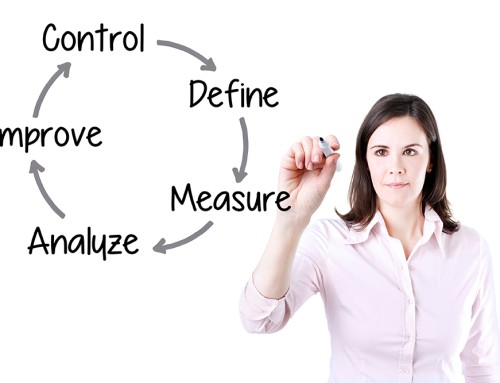

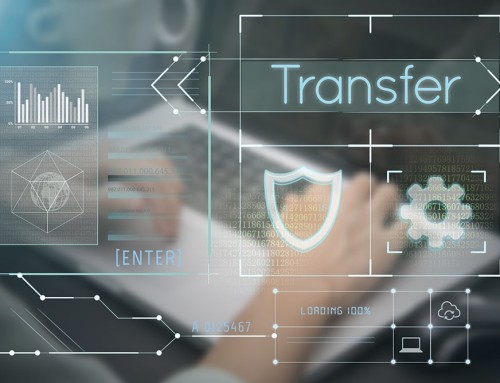
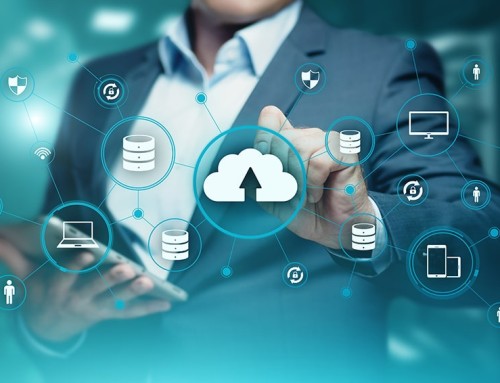
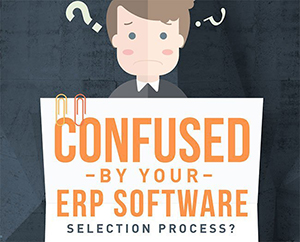
Leave A Comment